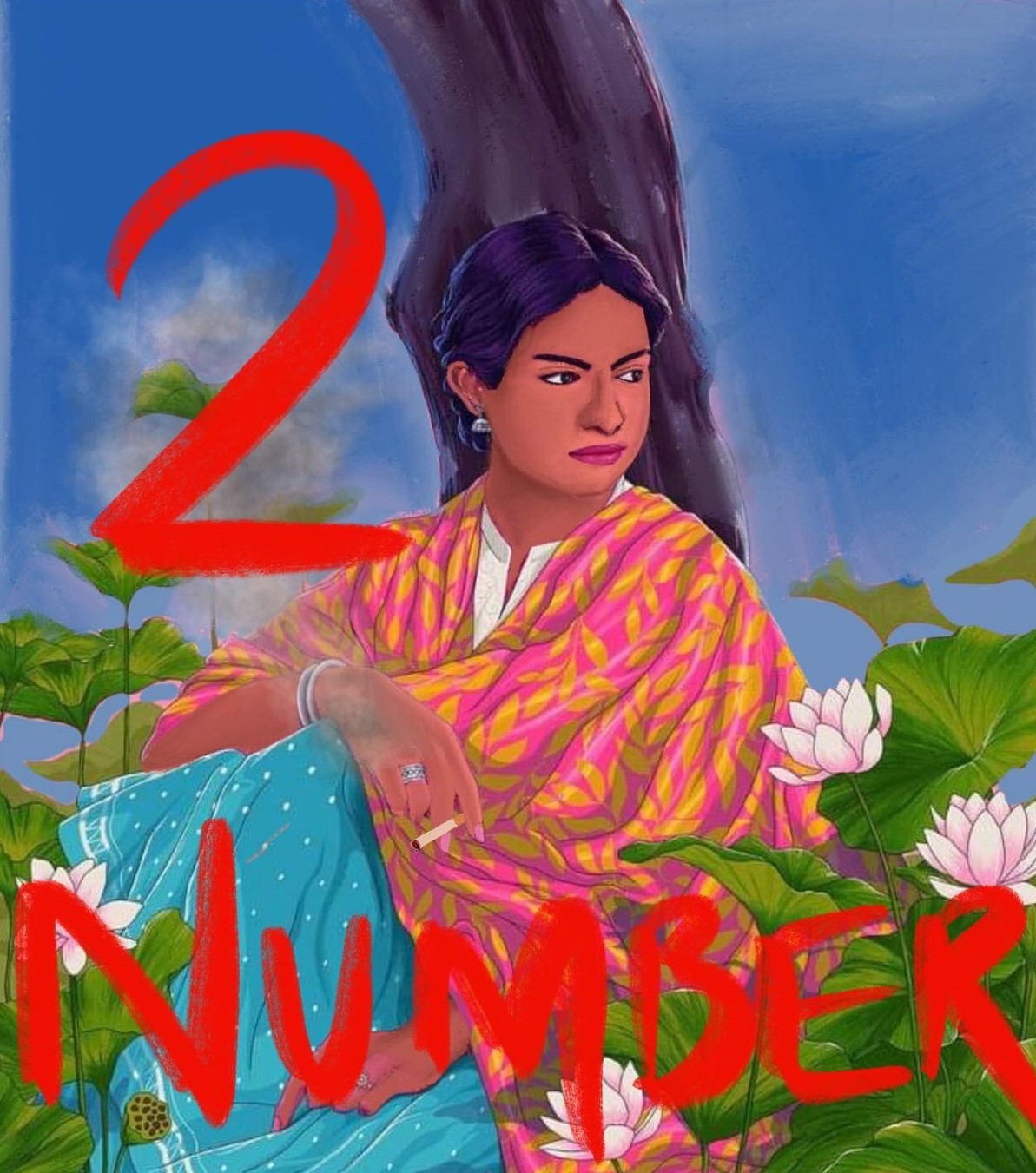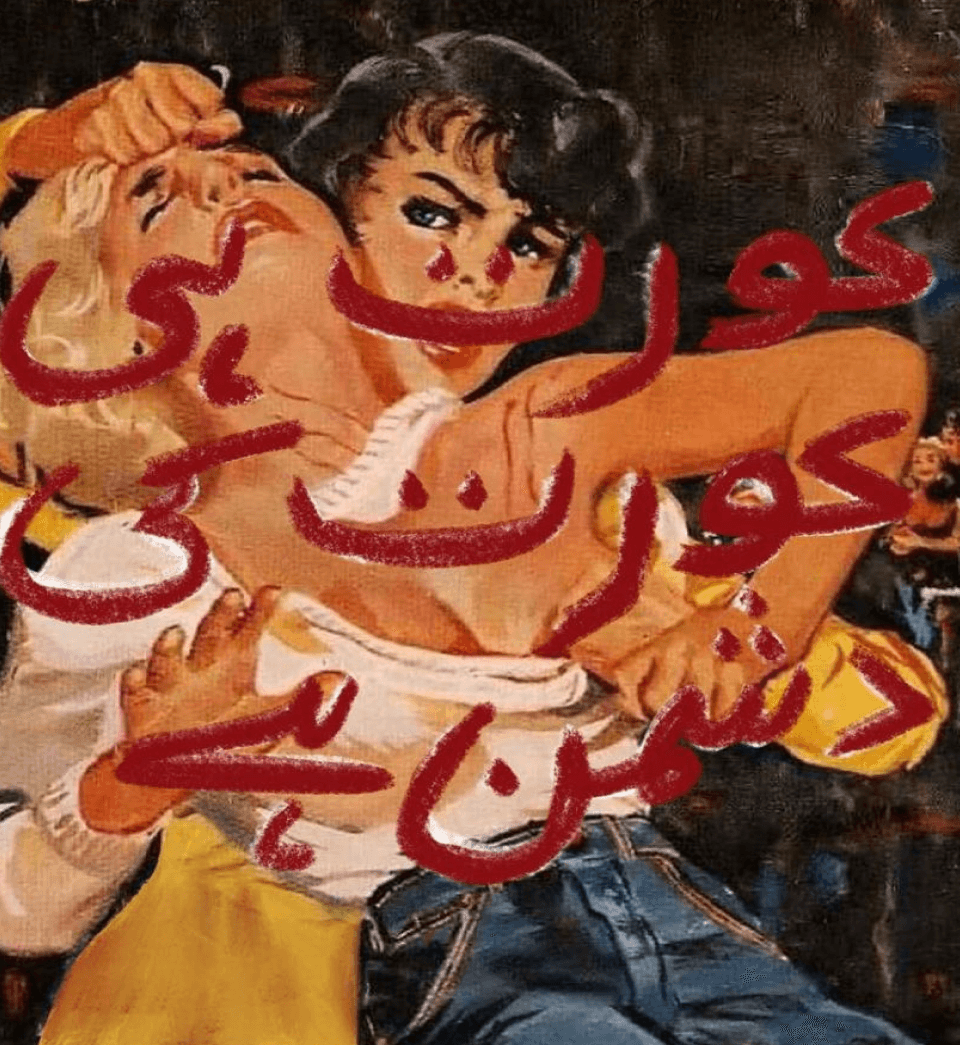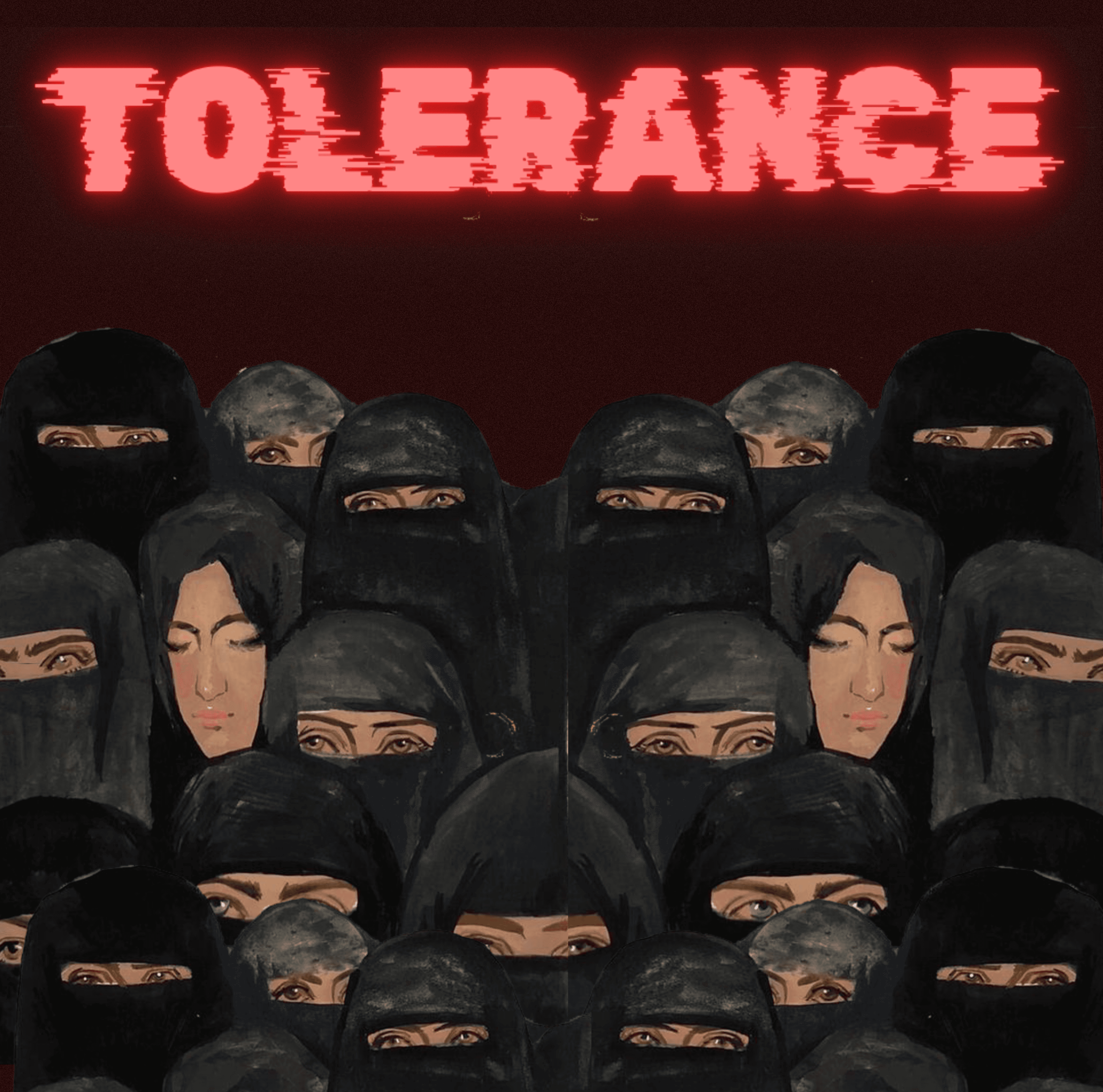Ironically, women often become their own adversaries. The lack of solidarity among women is a significant obstacle to progress. Events like Aurat March, intended to unite women in the pursuit of equality, are met with indifference or outright hostility from many. The internalized misogyny that permeates society leads to women policing each other's choices, creating a self-perpetuating cycle of oppression.
Ironically, women often become their own adversaries. The lack of solidarity among women is a significant obstacle to progress. Events like Aurat March, intended to unite women in the pursuit of equality, are met with indifference or outright hostility from many. The internalized misogyny that permeates society leads to women policing each other's choices, creating a self-perpetuating cycle of oppression.



The double standards are glaring. While men enjoy relative freedom, women are constantly under scrutiny. A woman smoking a cigarette in public is met with moral outrage, while a man engaging in the same behavior is often overlooked. This hypocrisy is a testament to the deeply ingrained patriarchal values that continue to shape society.
This systemic oppression has far-reaching consequences. Women's health, both physical and mental, suffers. The life cycle of many Pakistani women is tragically defined by motherhood and domesticity, with little room for personal growth. The stark contrast with women in other parts of the world, who age with grace and independence, is a poignant reminder of what could be.
The double standards are glaring. While men enjoy relative freedom, women are constantly under scrutiny. A woman smoking a cigarette in public is met with moral outrage, while a man engaging in the same behavior is often overlooked. This hypocrisy is a testament to the deeply ingrained patriarchal values that continue to shape society.
This systemic oppression has far-reaching consequences. Women's health, both physical and mental, suffers. The life cycle of many Pakistani women is tragically defined by motherhood and domesticity, with little room for personal growth. The stark contrast with women in other parts of the world, who age with grace and independence, is a poignant reminder of what could be.



A girl is born into a world dictated by men: father, brother, husband, sons. Her potential is stifled, her dreams deferred. Despite being the creators of life, women are undervalued and expected to prioritize domesticity over personal fulfillment. This relentless focus on motherhood and domesticity has severe consequences for women's health and overall well-being. Many women in Pakistan find their lives centered around their children, sacrificing their own aspirations and passions. By their thirties, often considered "old" by societal standards, they've already reached the end of their prime, according to this narrow worldview.
It's a cycle that perpetuates itself, with daughters inheriting the same life script as their mothers.
It's time to break free from these shackles. Pakistan needs women to thrive, not just survive.
-Mahnoor ( Futuraha )
A girl is born into a world dictated by men: father, brother, husband, sons. Her potential is stifled, her dreams deferred. Despite being the creators of life, women are undervalued and expected to prioritize domesticity over personal fulfillment. This relentless focus on motherhood and domesticity has severe consequences for women's health and overall well-being. Many women in Pakistan find their lives centered around their children, sacrificing their own aspirations and passions. By their thirties, often considered "old" by societal standards, they've already reached the end of their prime, according to this narrow worldview.
It's a cycle that perpetuates itself, with daughters inheriting the same life script as their mothers.
It's time to break free from these shackles. Pakistan needs women to thrive, not just survive.
-Mahnoor ( Futuraha )
Pakistan, a nation grappling with internal strife, is a stark reflection of a society deeply divided. Beneath the surface of political turmoil lies a more insidious crisis: the plight of women.
Our history is replete with examples of empowered women, such as Hazrat Khadija (R.A.), a successful businesswoman. Yet, contemporary Pakistan paints a contrasting picture. Societal norms have relegated women to the domestic sphere, limiting their potential and contributions. The stark reality is that only a quarter of Pakistani women are part of the workforce, a far cry from the global average of 47%.
Pakistan, a nation grappling with internal strife, is a stark reflection of a society deeply divided. Beneath the surface of political turmoil lies a more insidious crisis: the plight of women.
Our history is replete with examples of empowered women, such as Hazrat Khadija (R.A.), a successful businesswoman. Yet, contemporary Pakistan paints a contrasting picture. Societal norms have relegated women to the domestic sphere, limiting their potential and contributions. The stark reality is that only a quarter of Pakistani women are part of the workforce, a far cry from the global average of 47%.
This underrepresentation is a symptom of a patriarchal society that views women primarily as caregivers. Public spaces, from bustling markets to government offices, remain largely male domains. The fear and discomfort women experience in such environments are barriers to their full participation in society.
This underrepresentation is a symptom of a patriarchal society that views women primarily as caregivers. Public spaces, from bustling markets to government offices, remain largely male domains. The fear and discomfort women experience in such environments are barriers to their full participation in society.



Have We Lost the Art of Tolerance?
"Have we lost our minds?" This question echoed in my thoughts as Pakistan descended into violence. It became clear to me that our nation's most significant challenge is a profound lack of tolerance, which is the root cause of countless problems.
"Have we lost our minds?" This question echoed in my thoughts as Pakistan descended into violence. It became clear to me that our nation's most significant challenge is a profound lack of tolerance, which is the root cause of countless problems.


Our Credentials Terms & Conditions Privacy Policy
Our Credentials Terms & Conditions Privacy Policy
Our Credentials Terms & Conditions Privacy Policy



